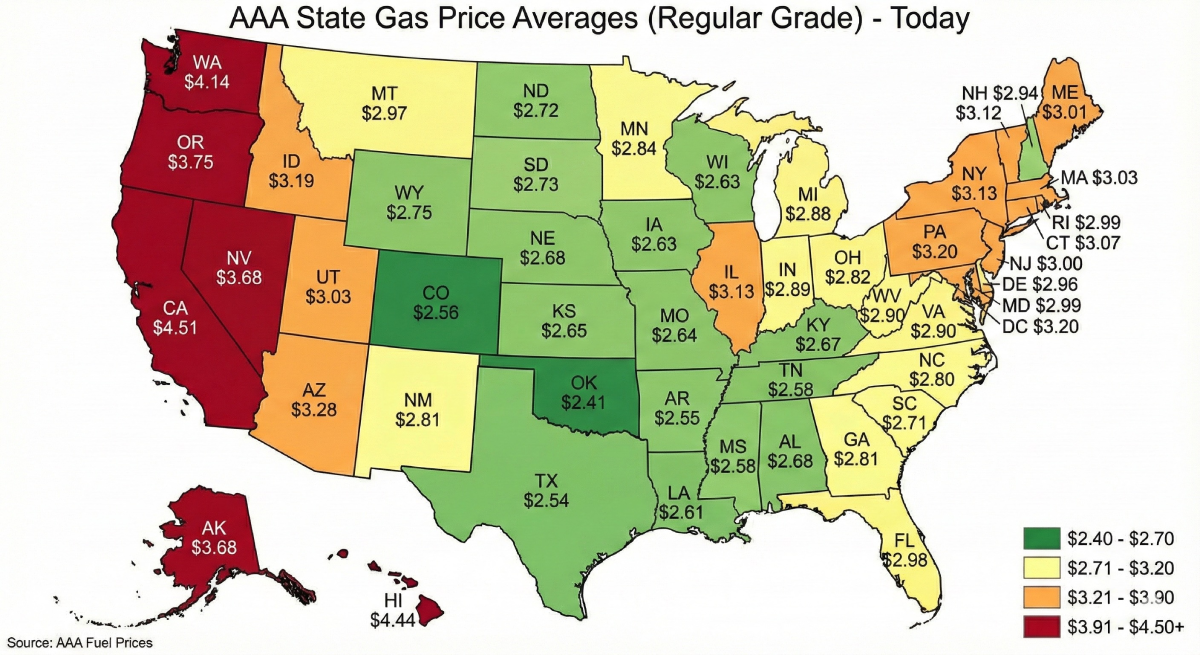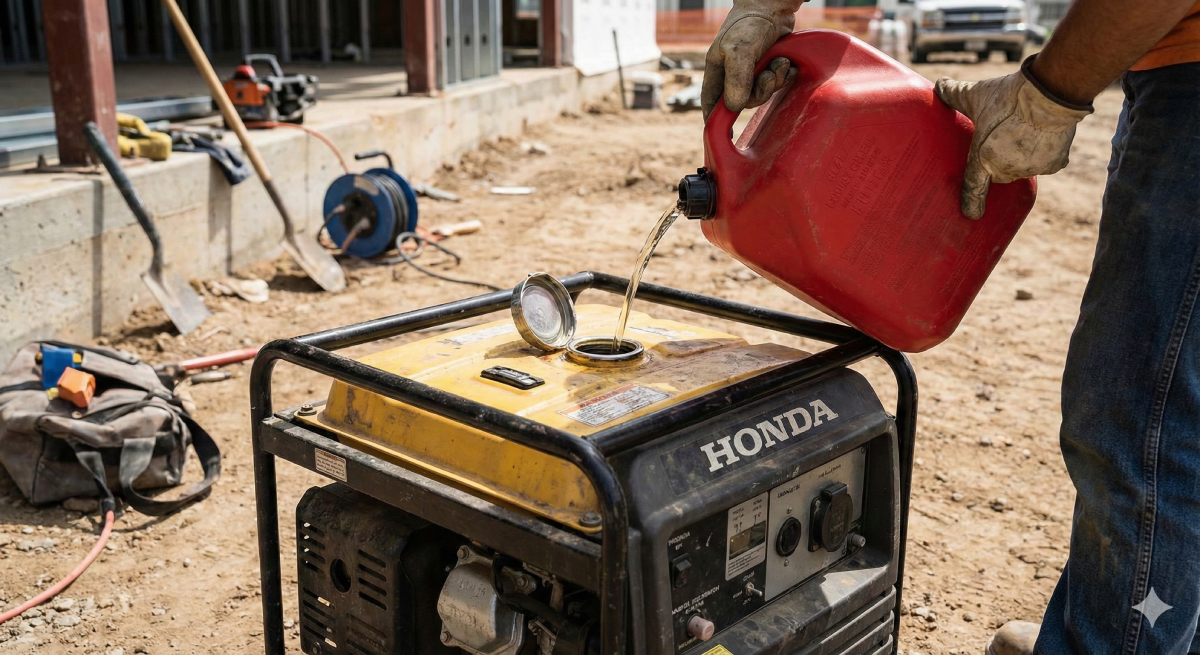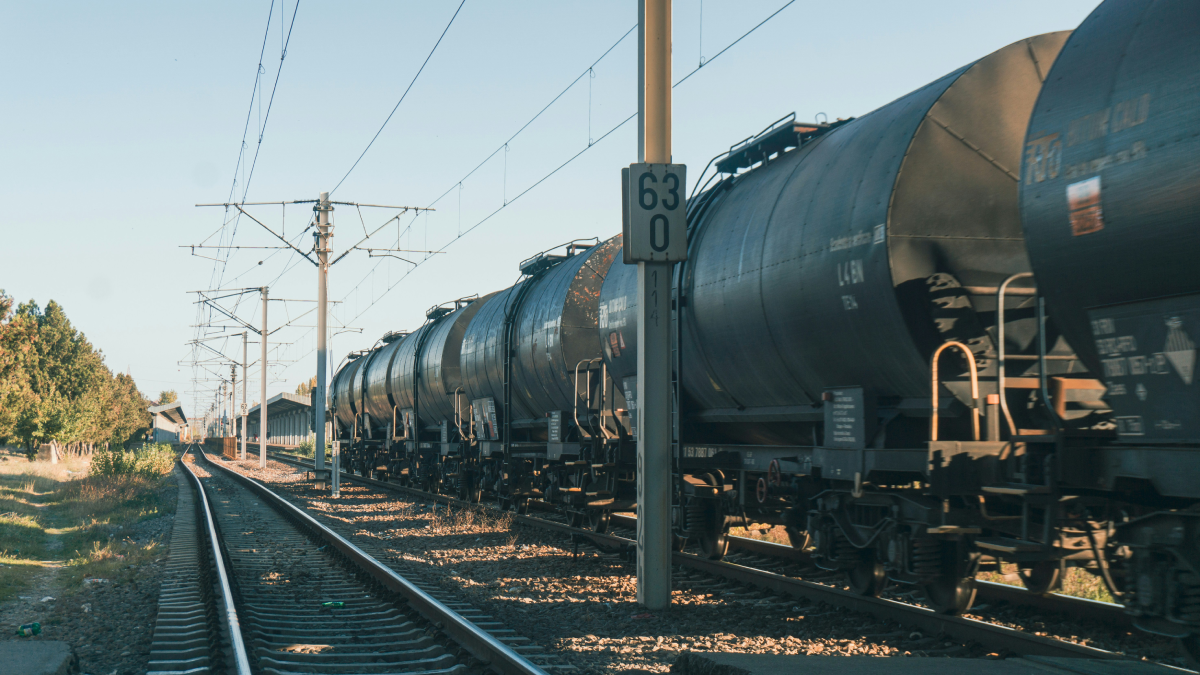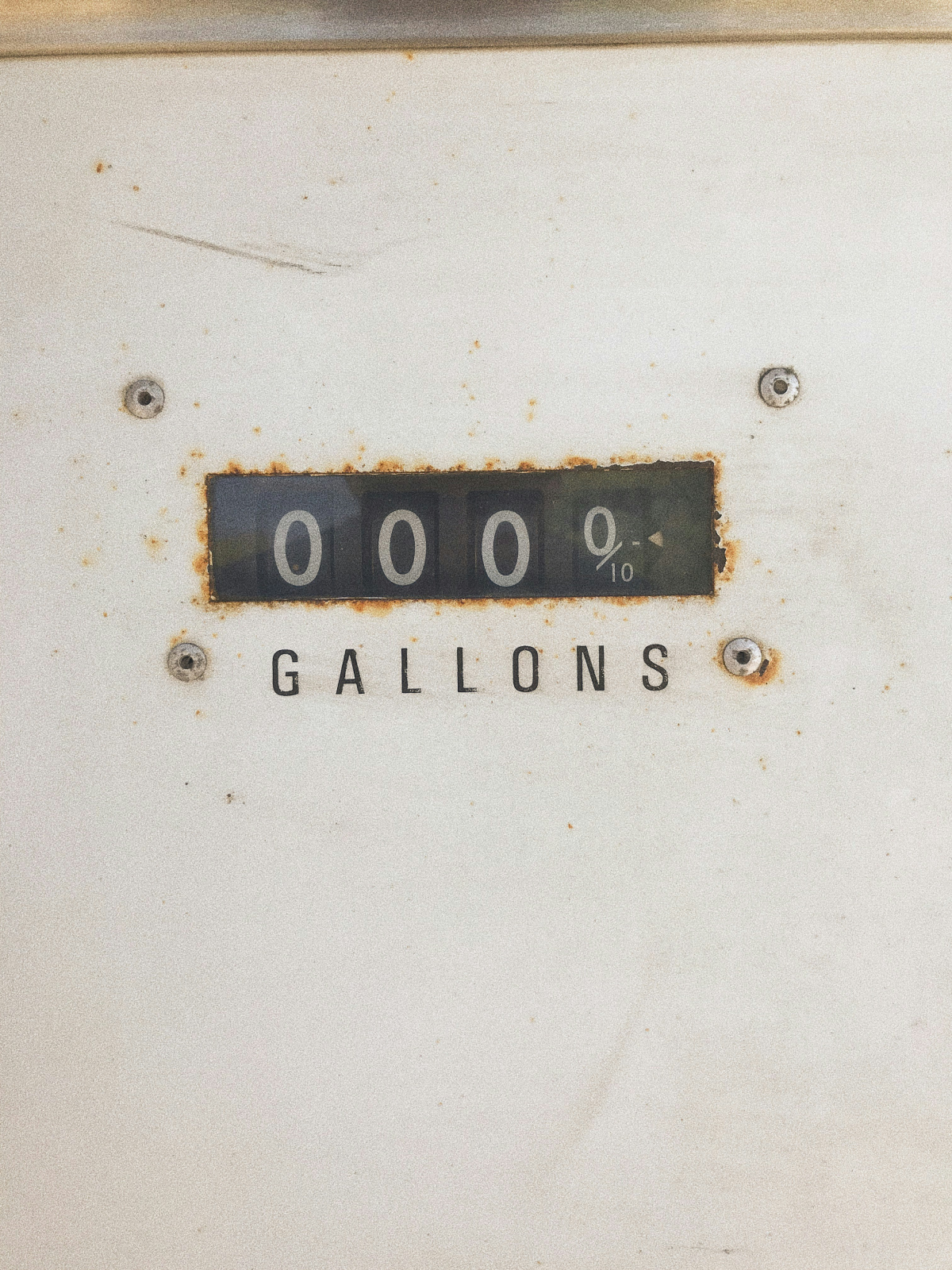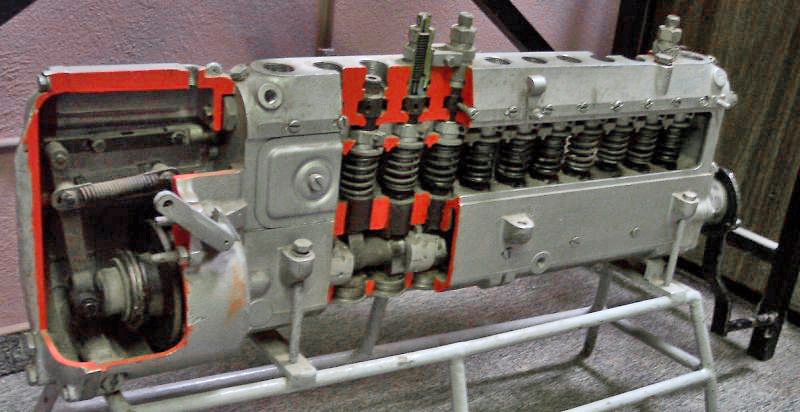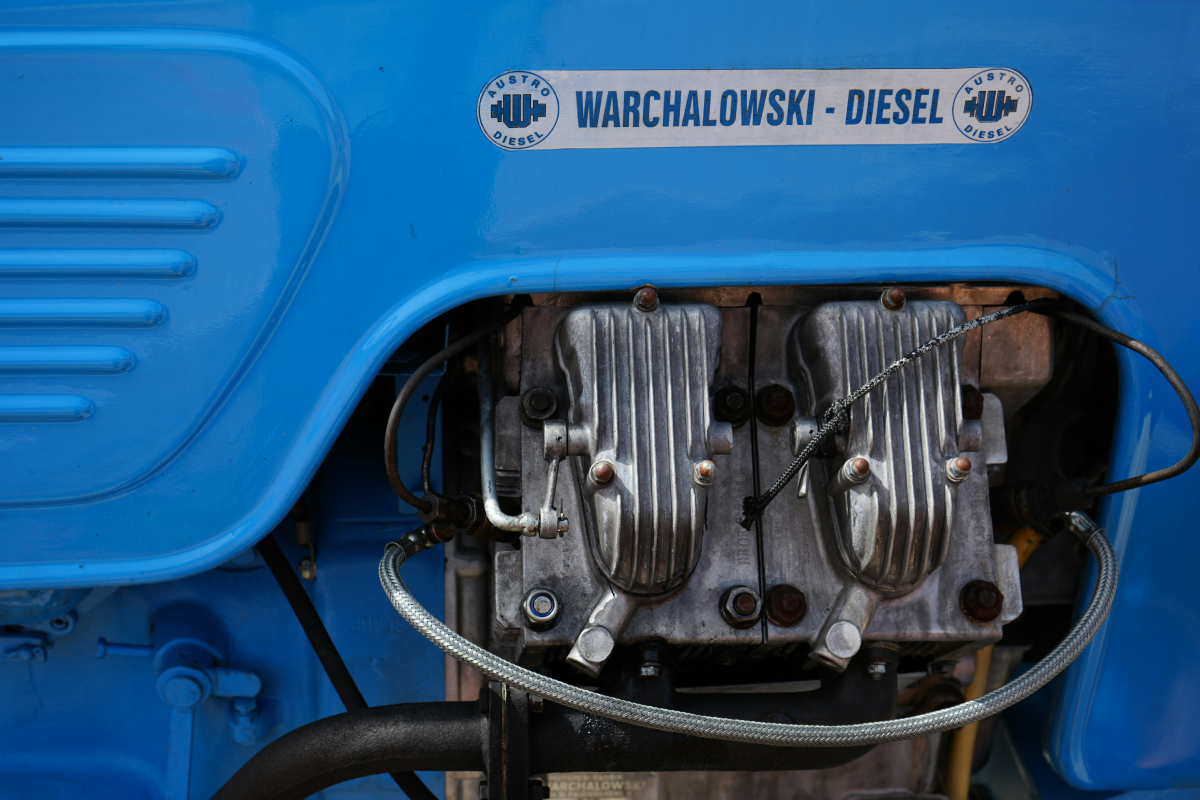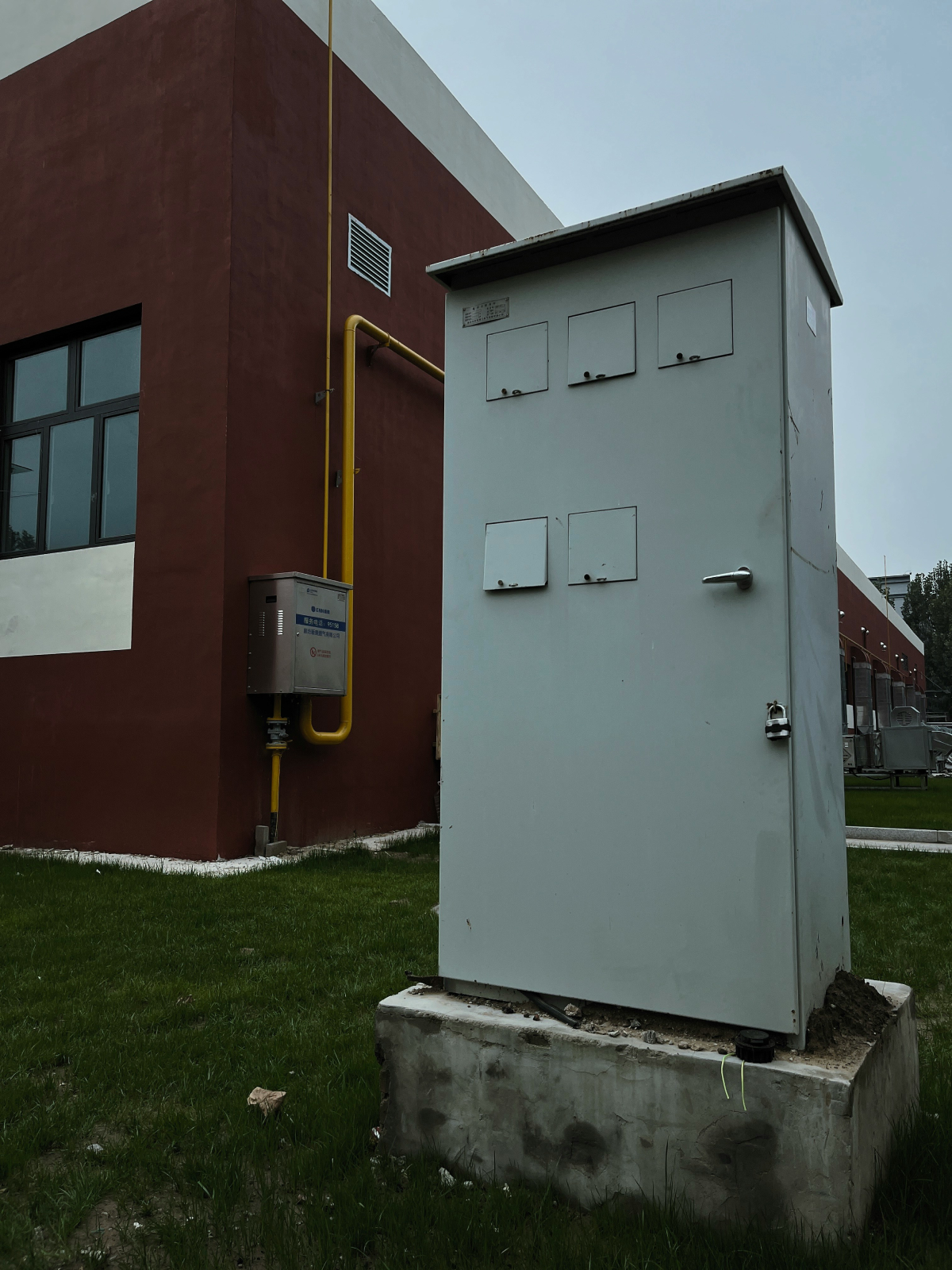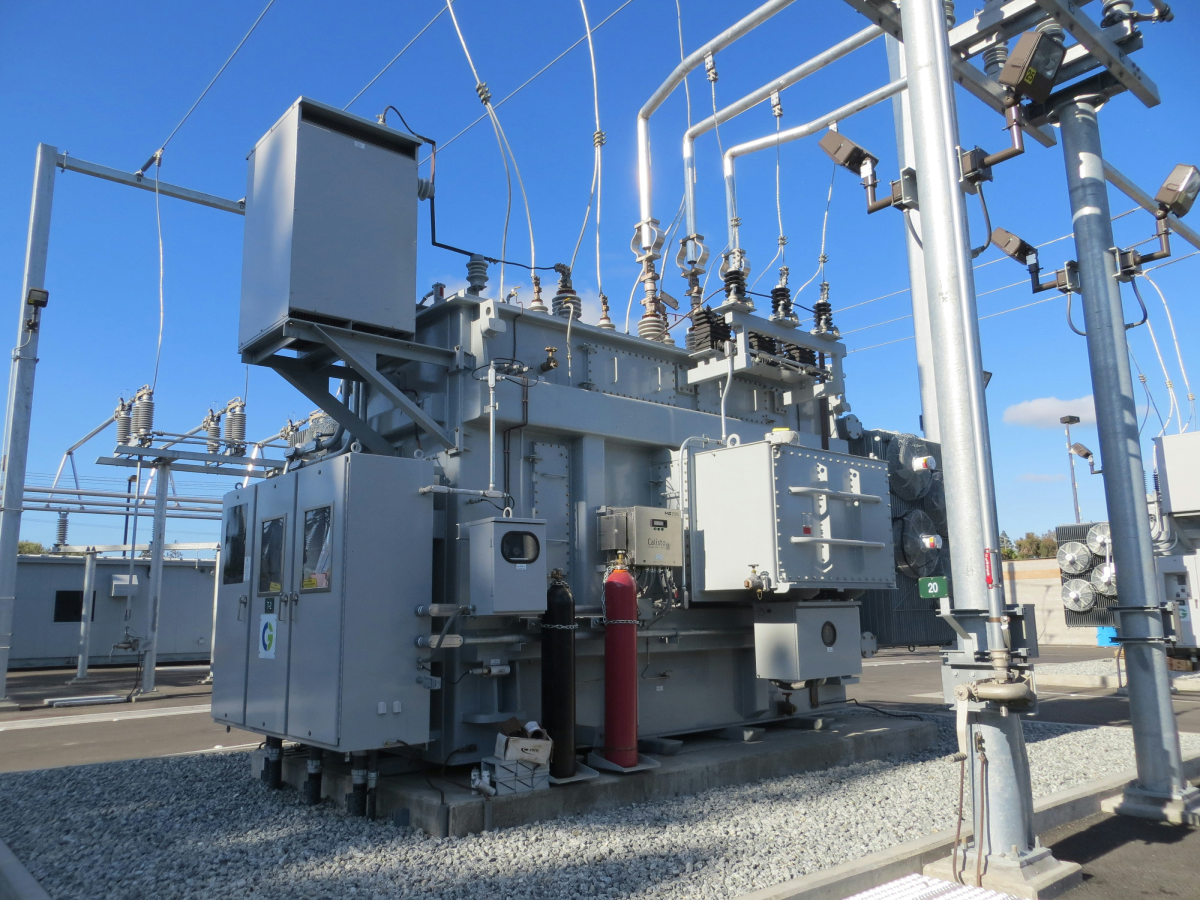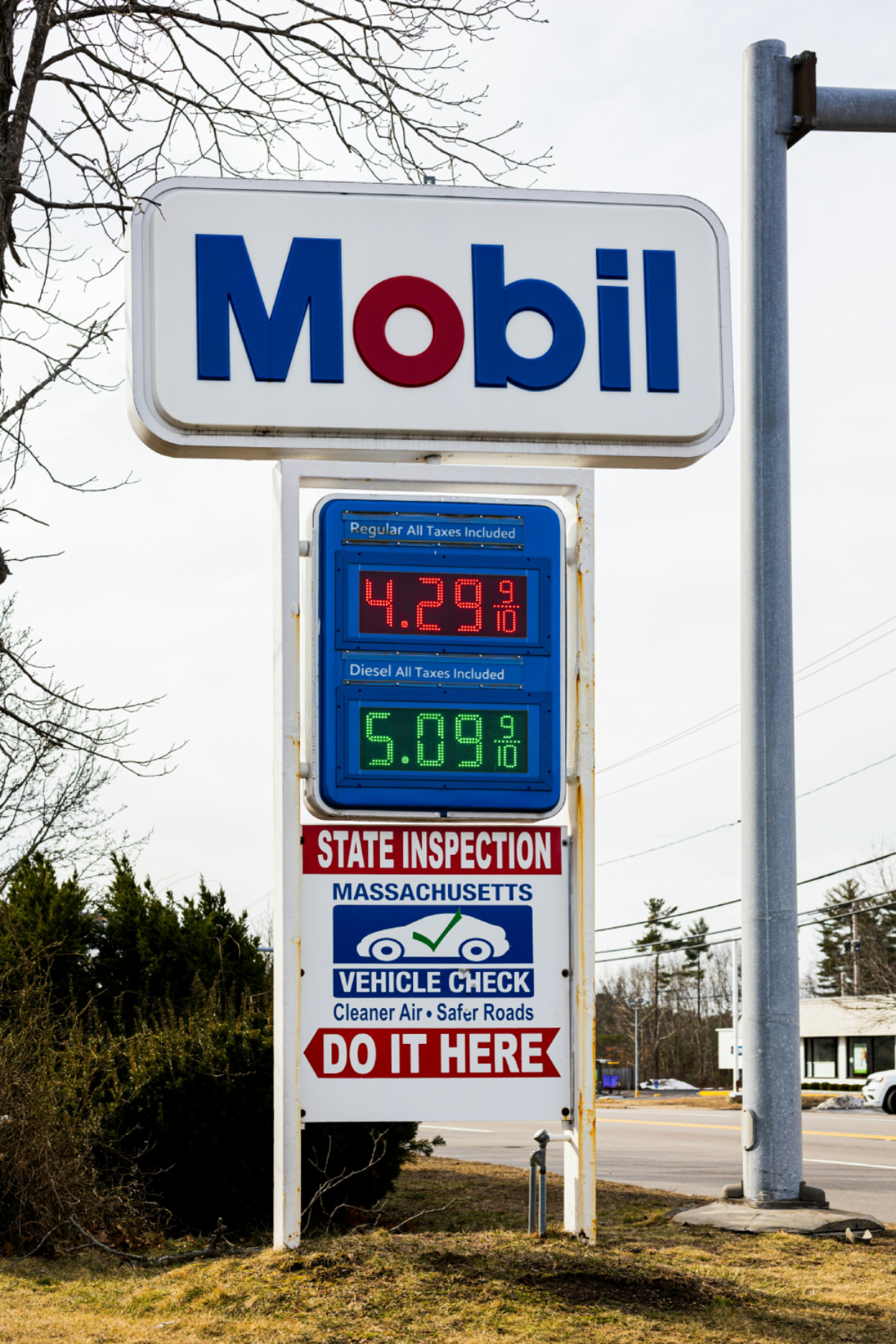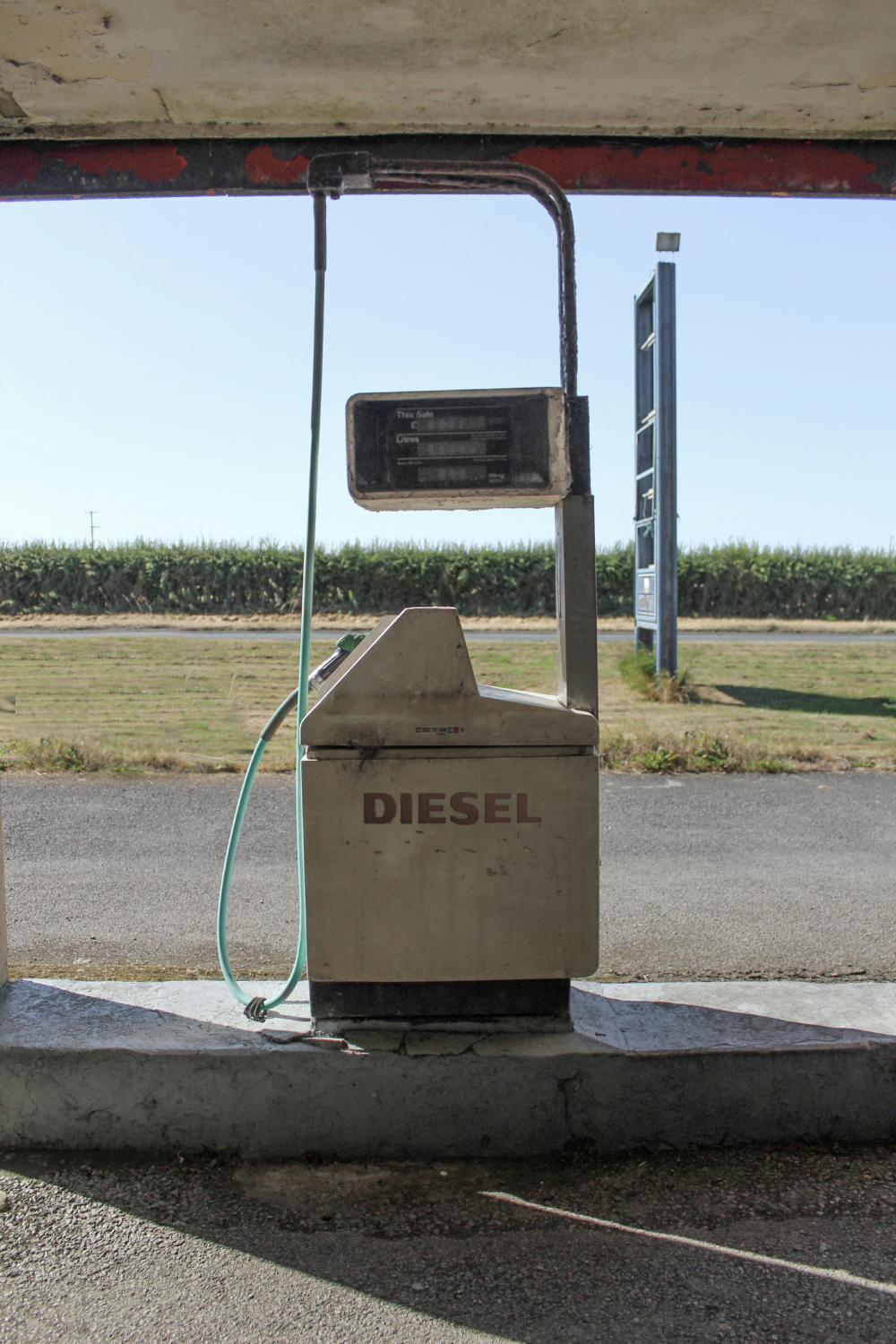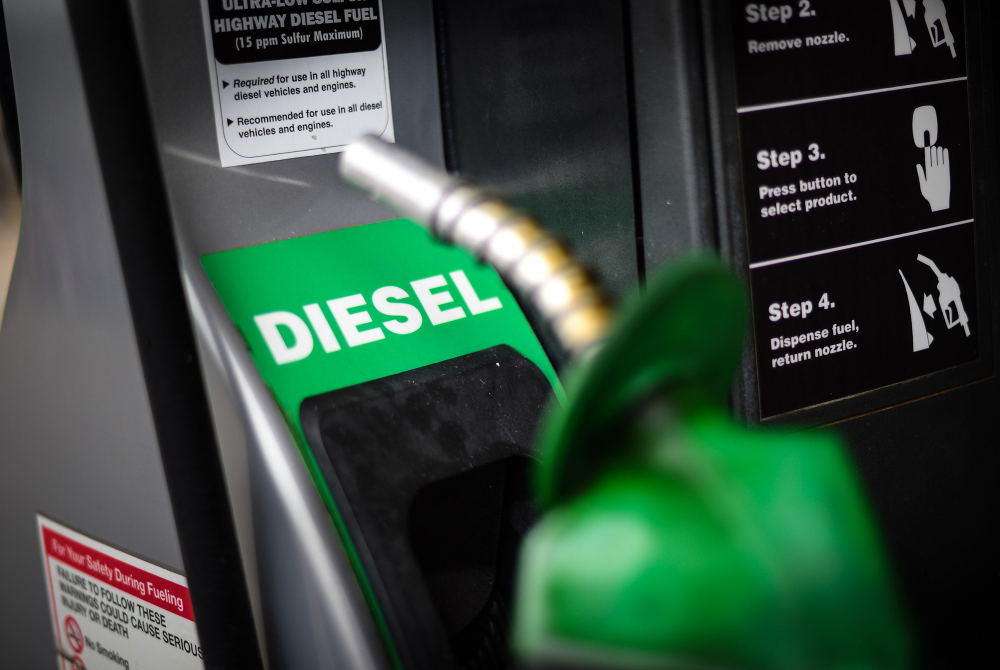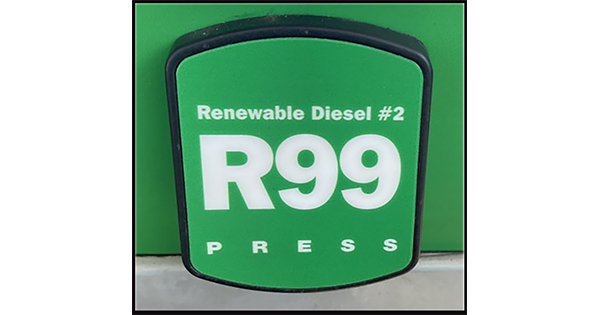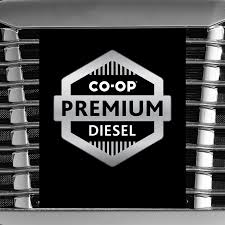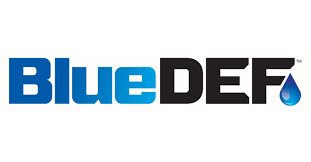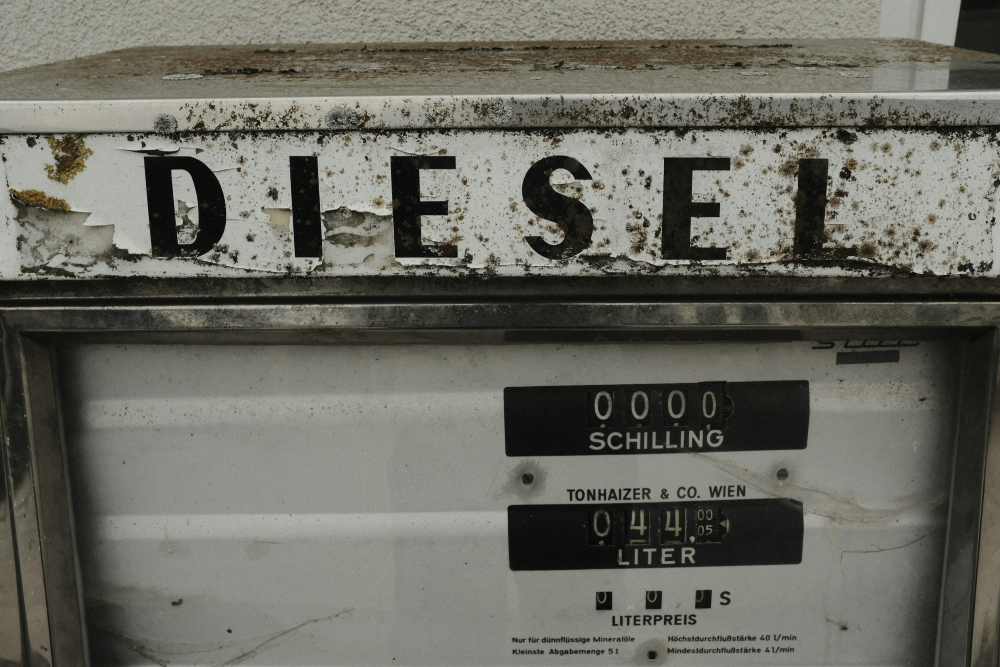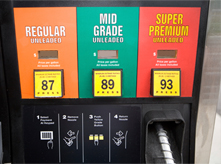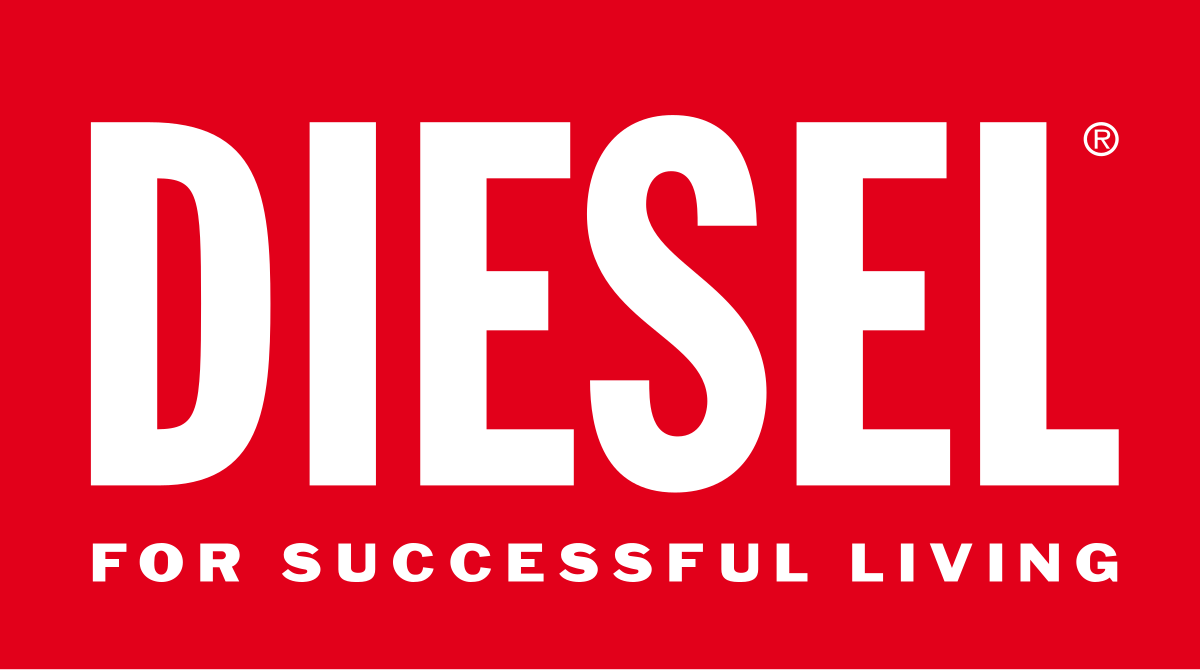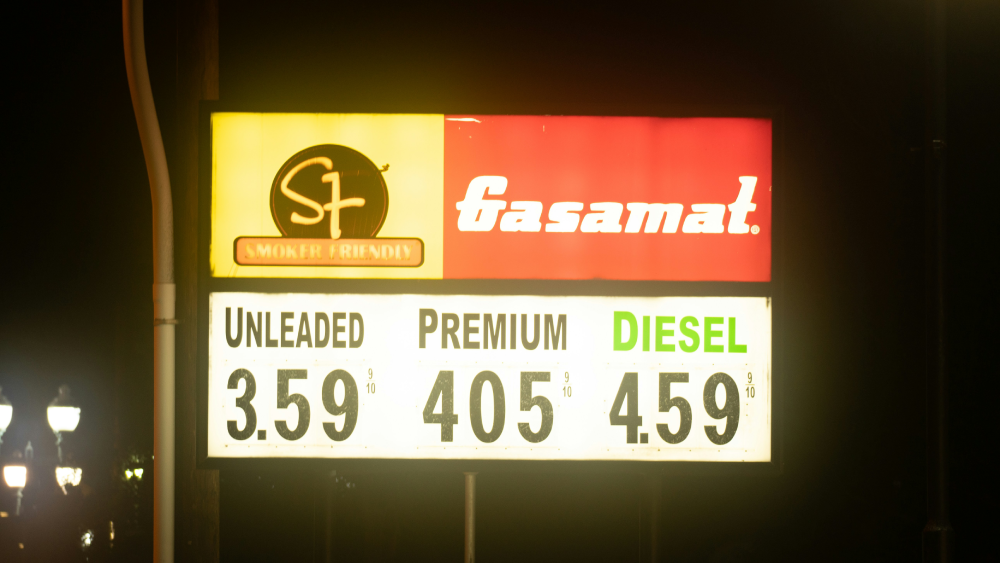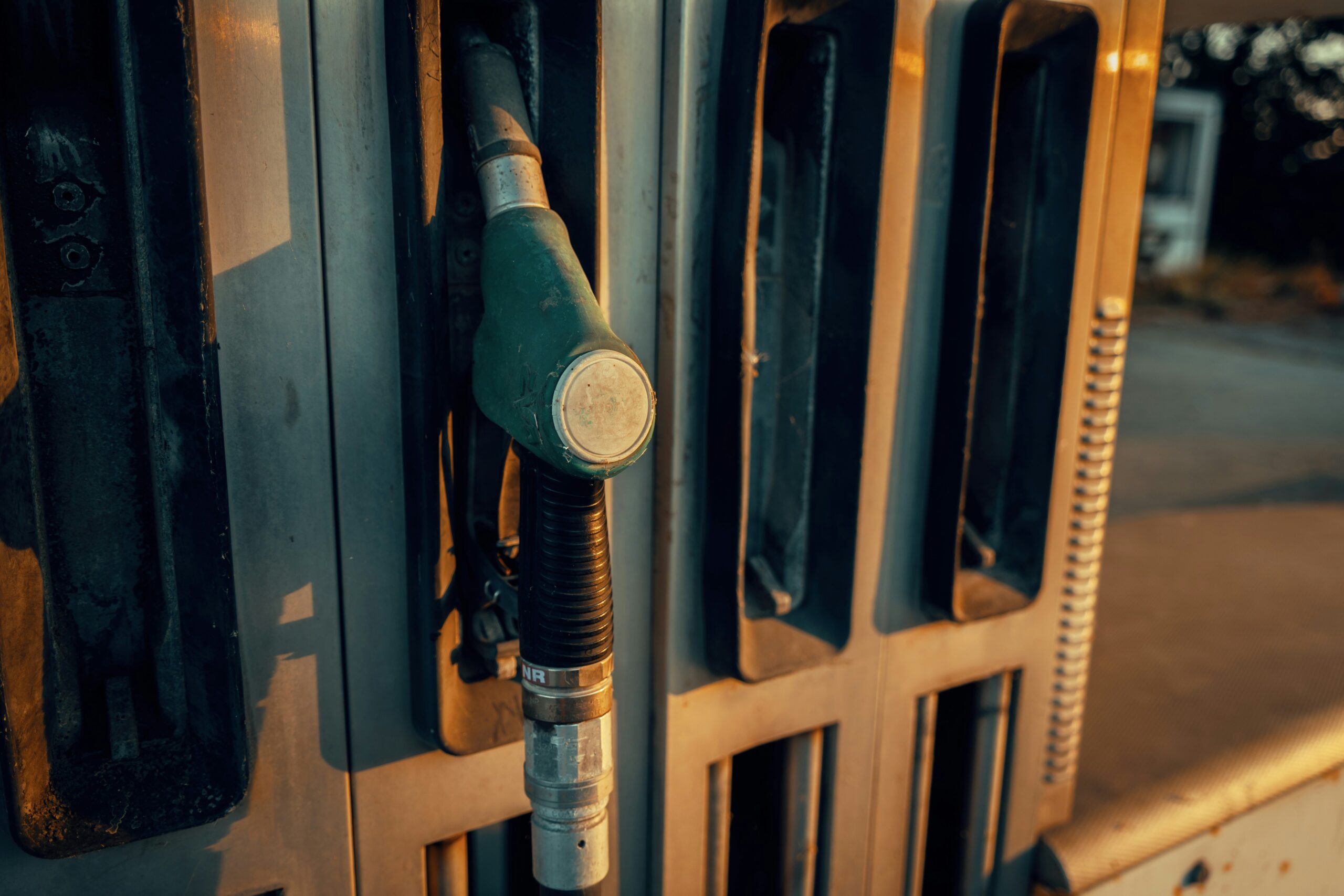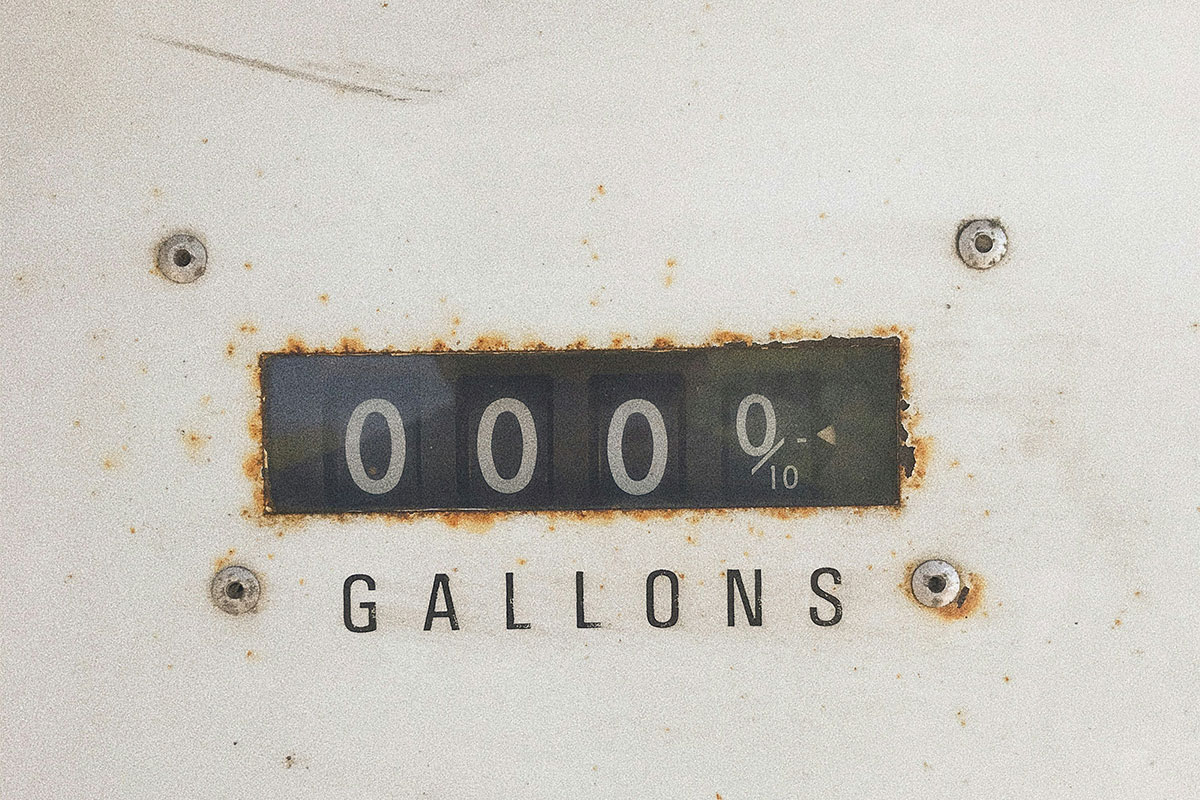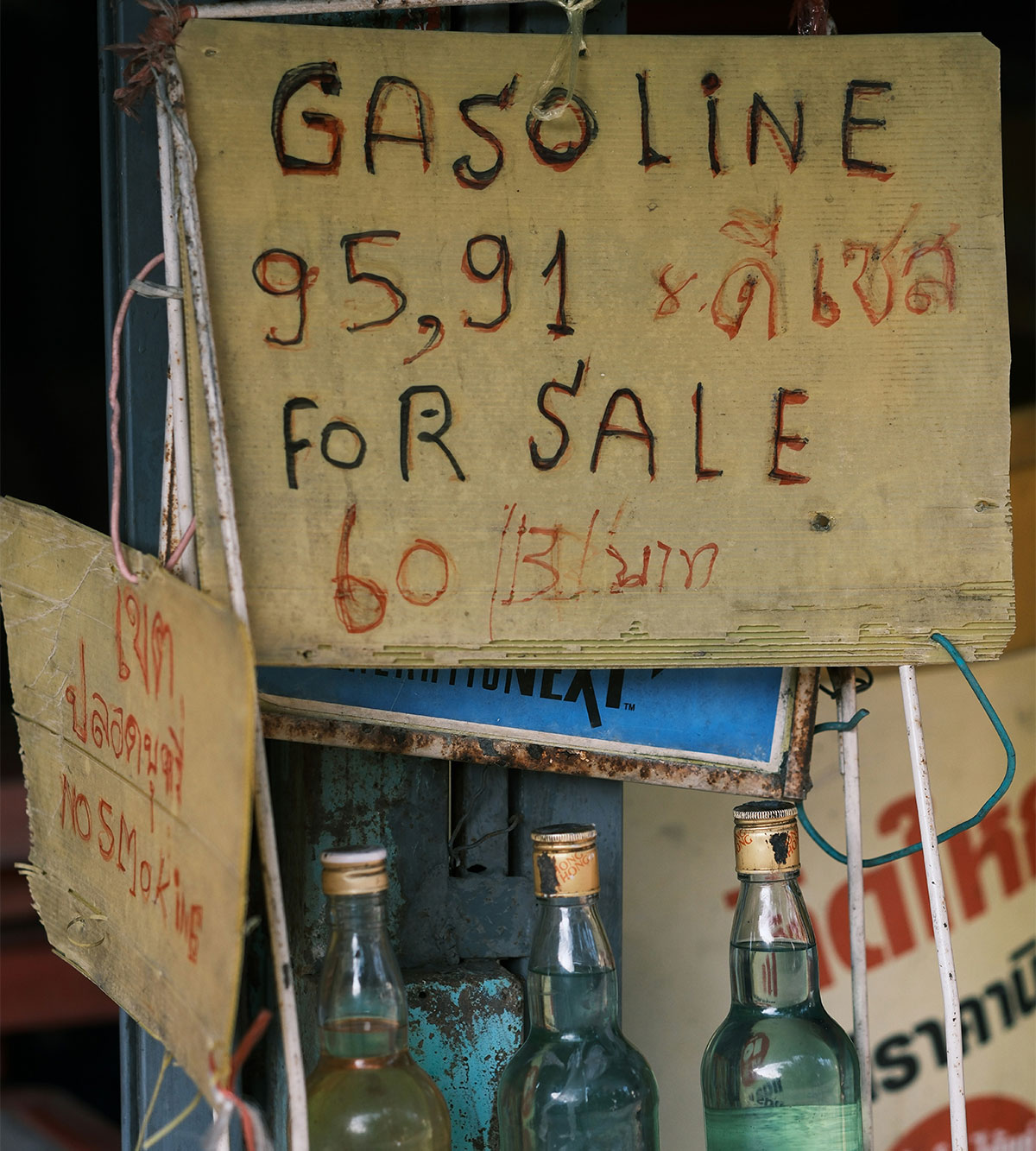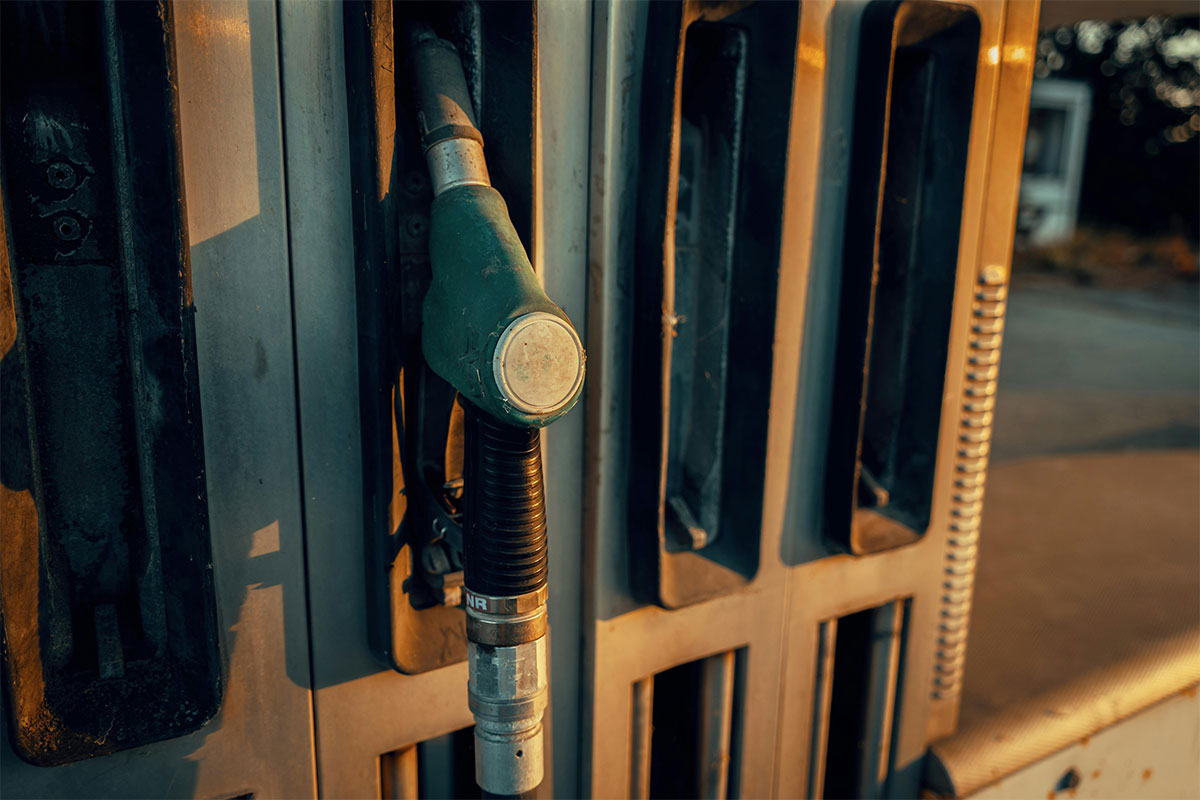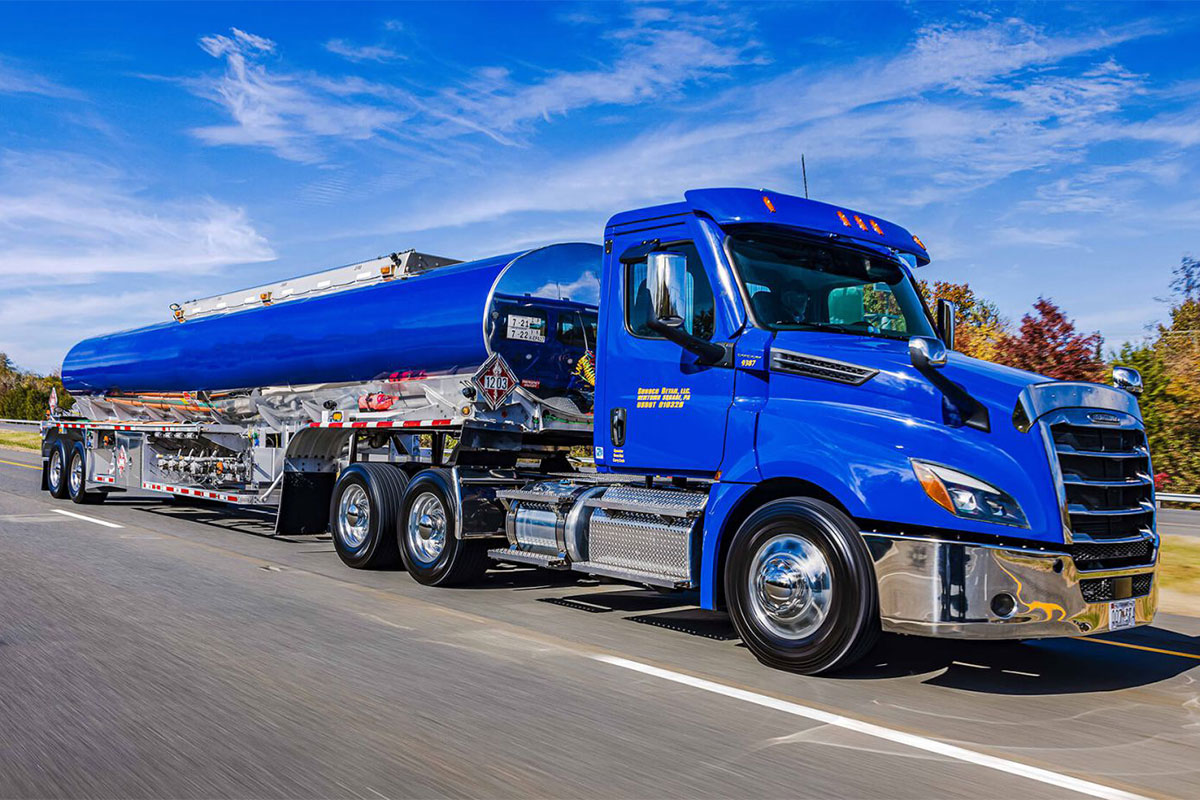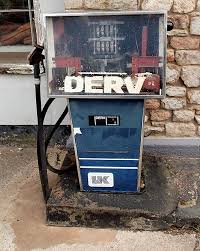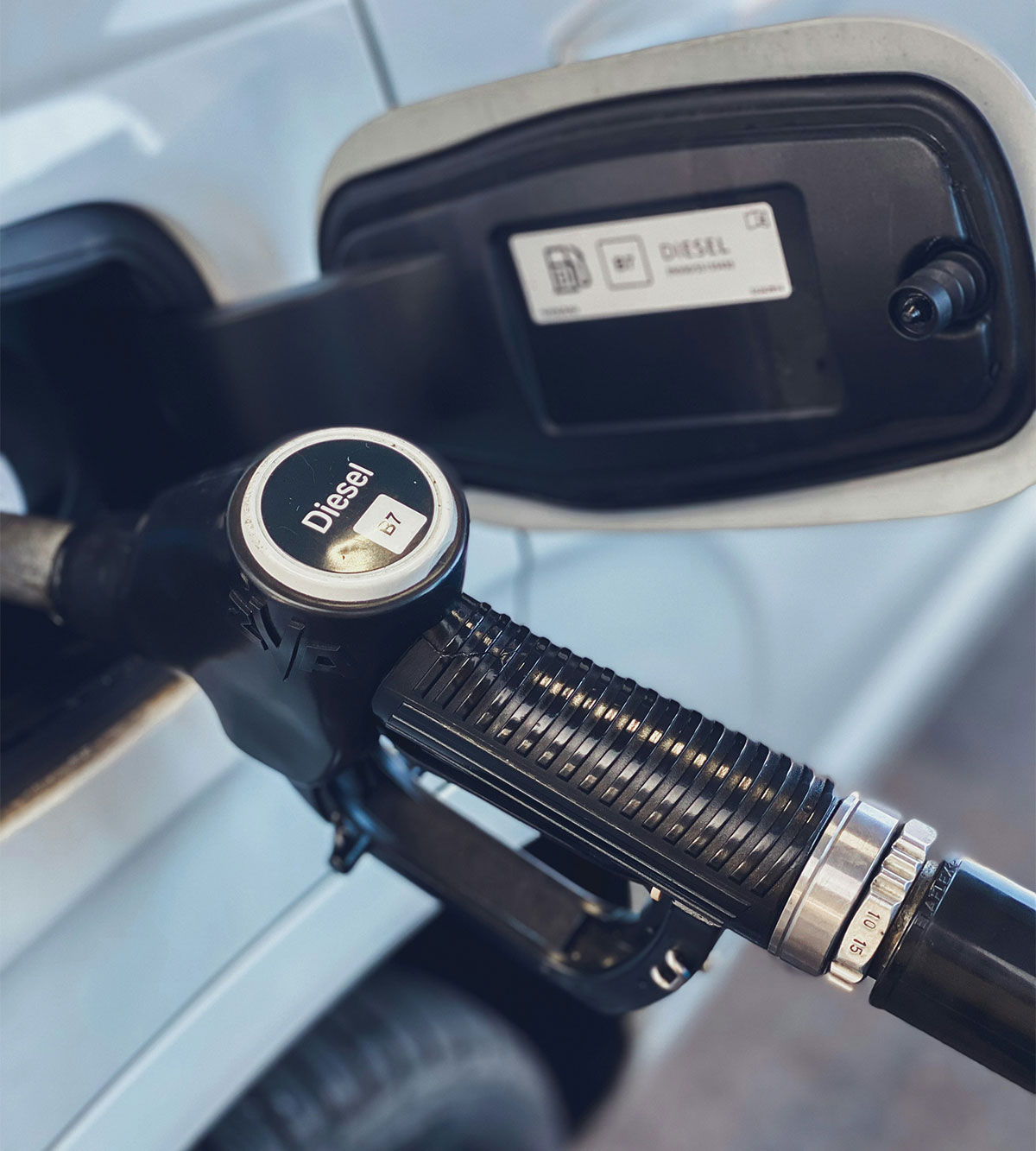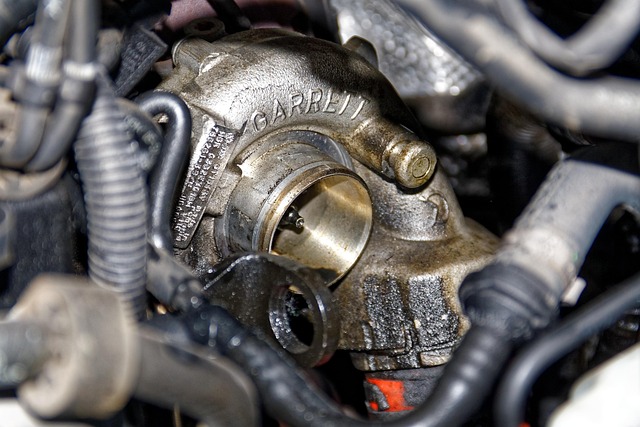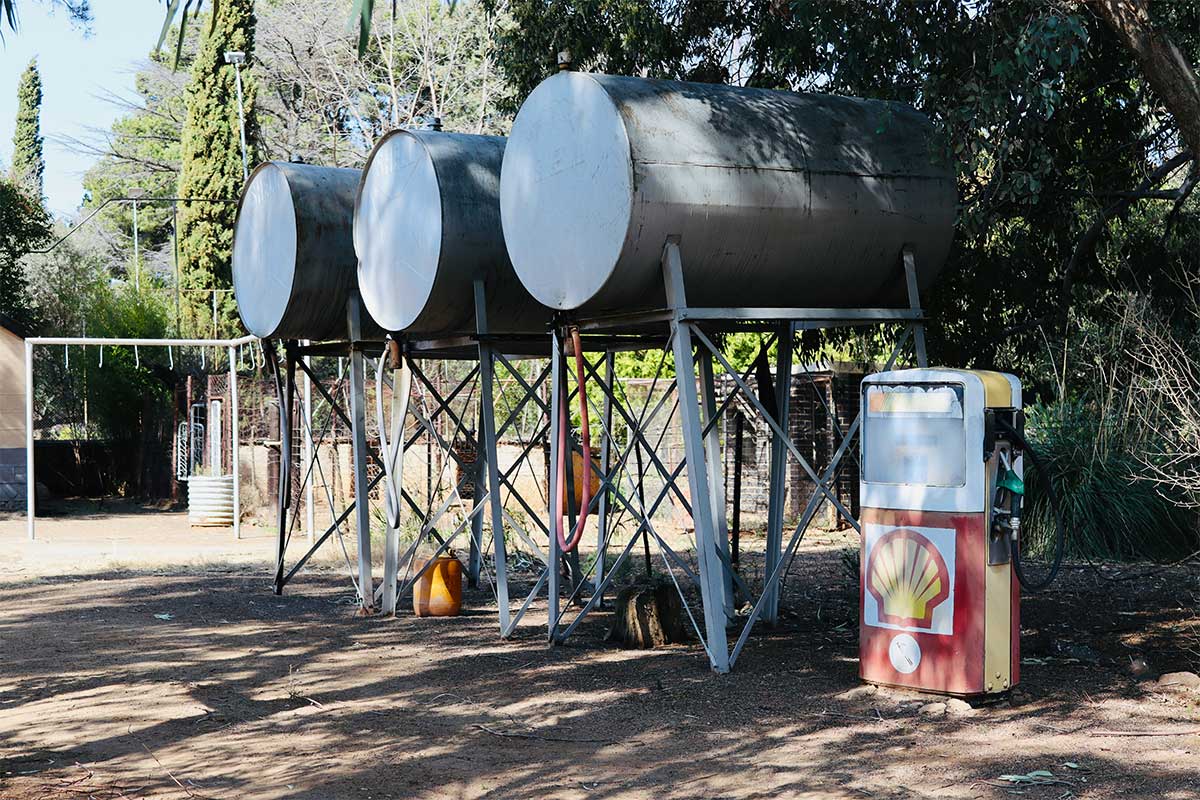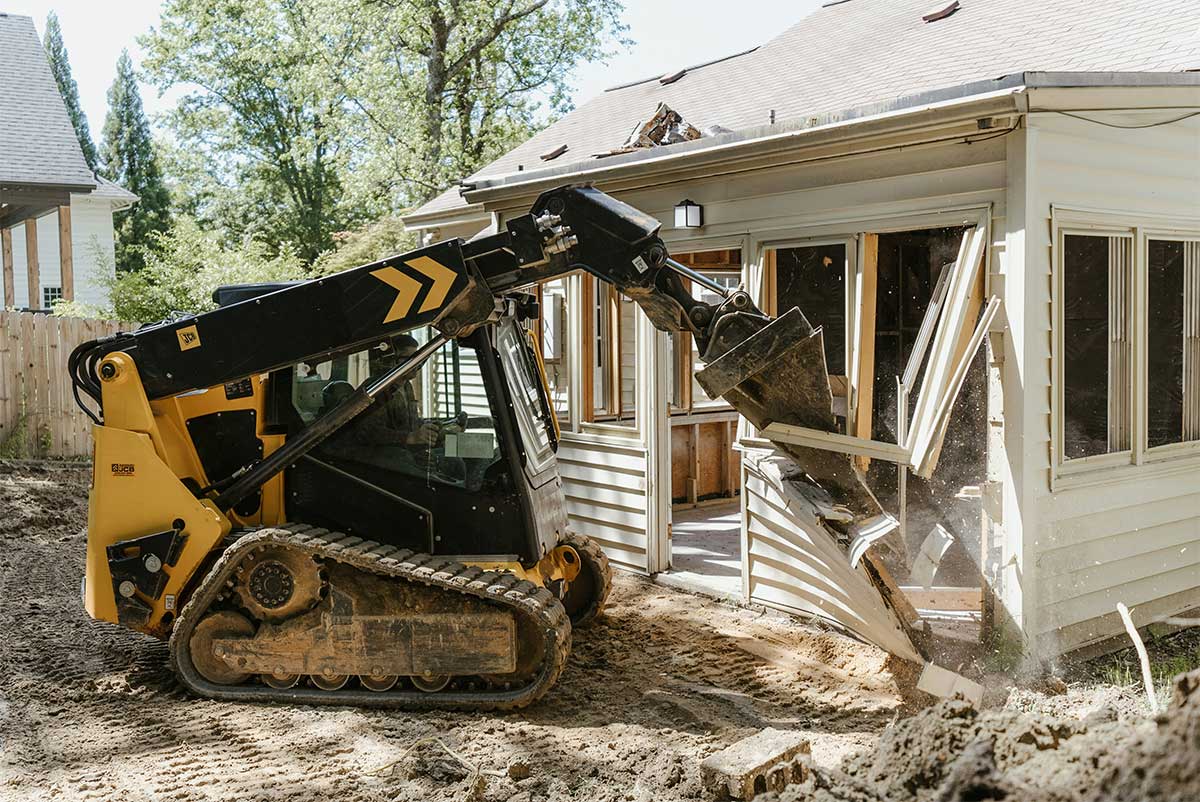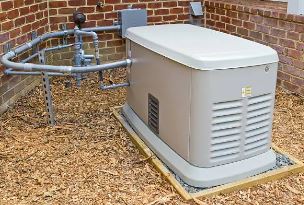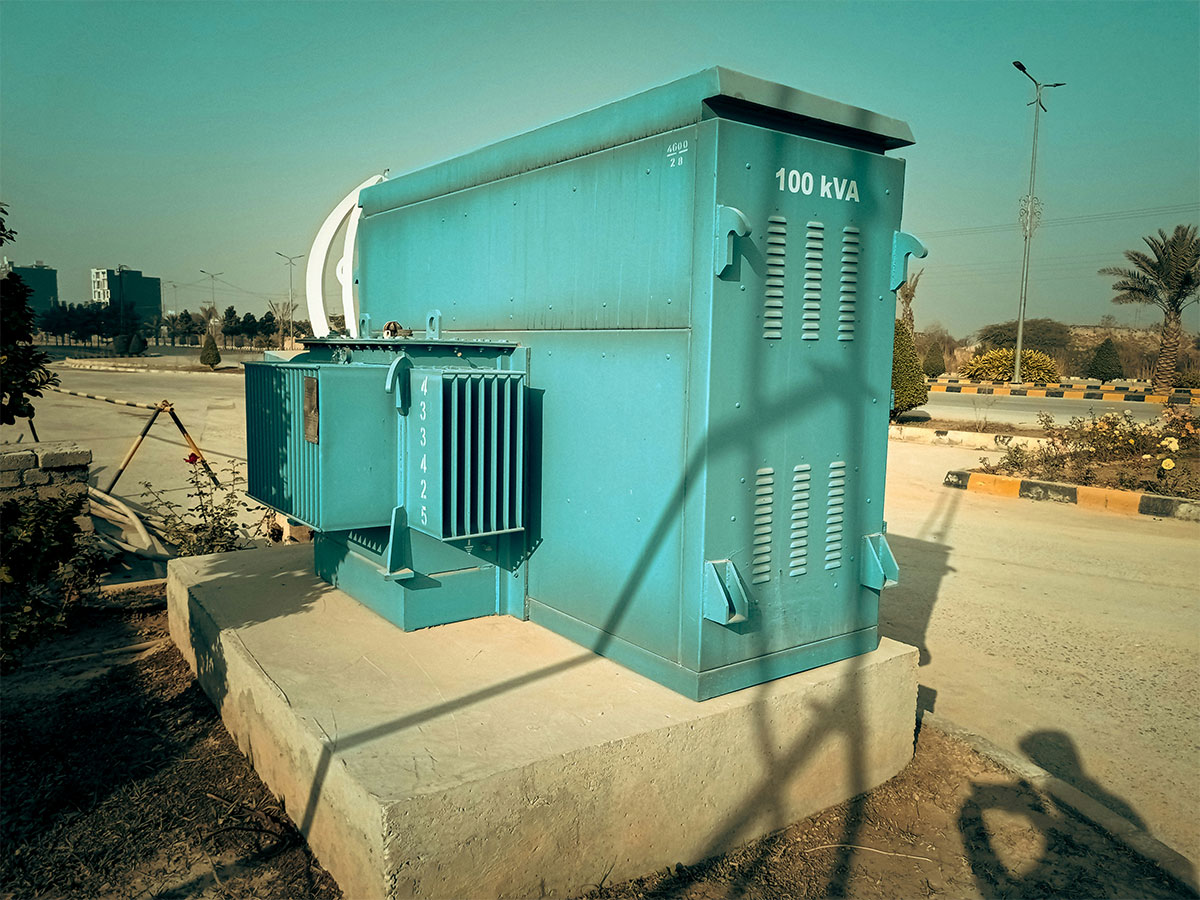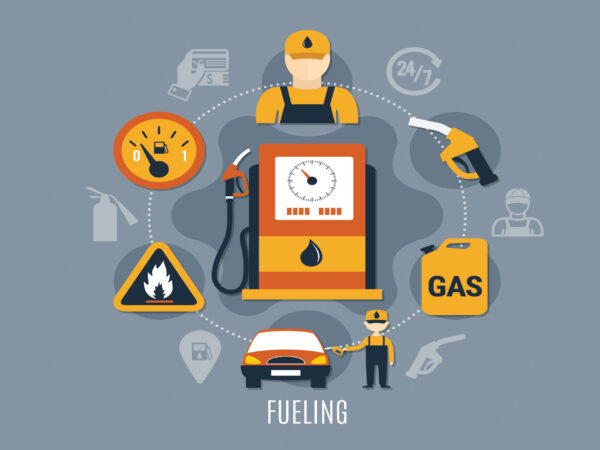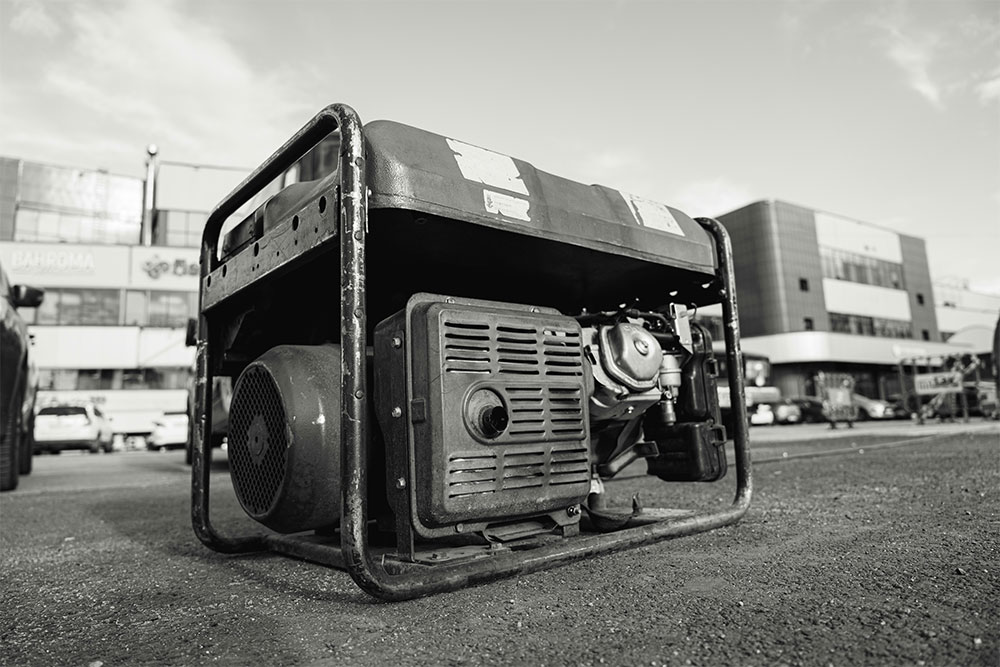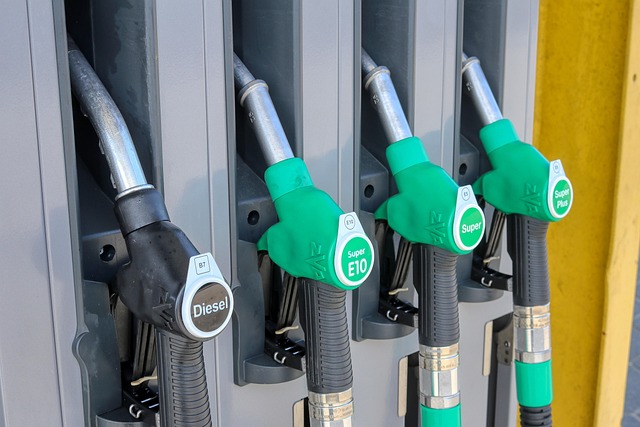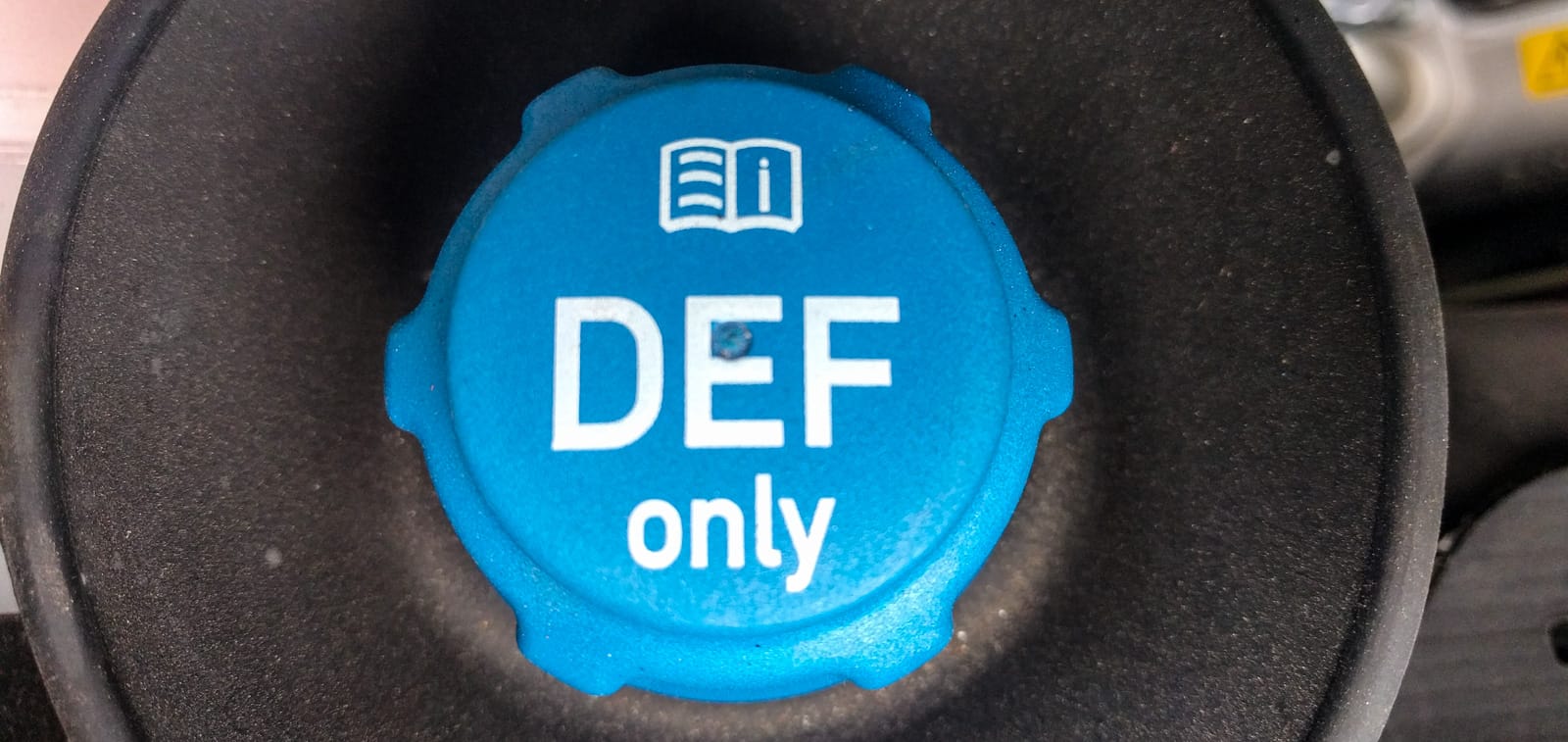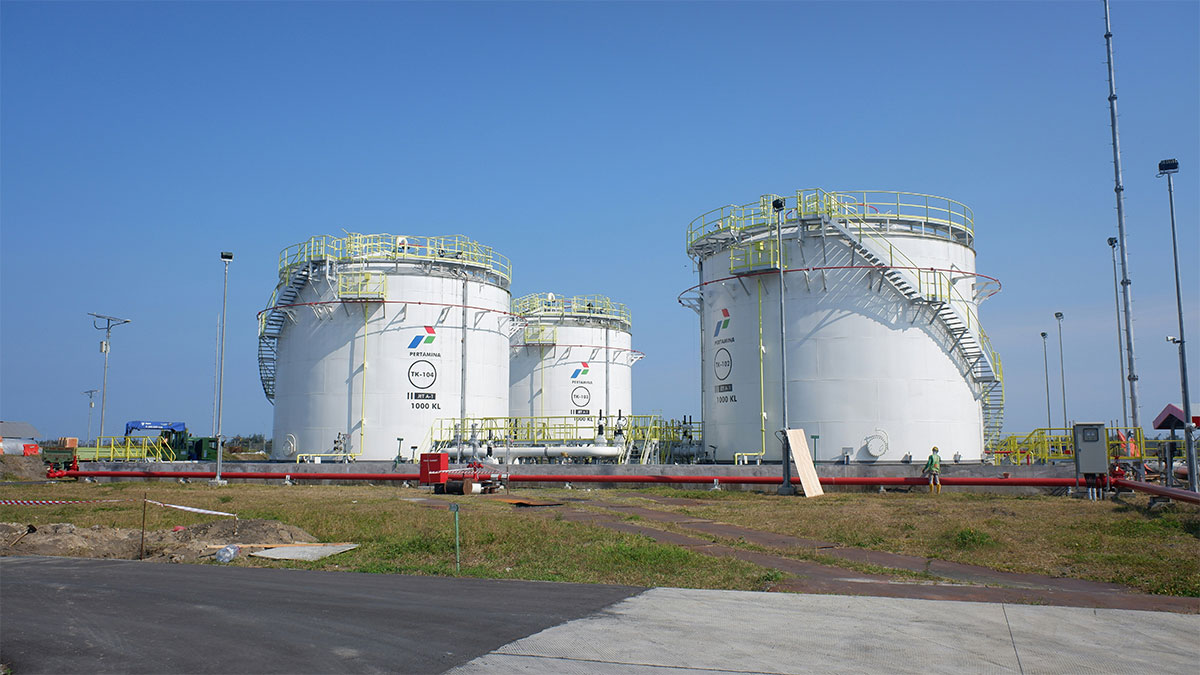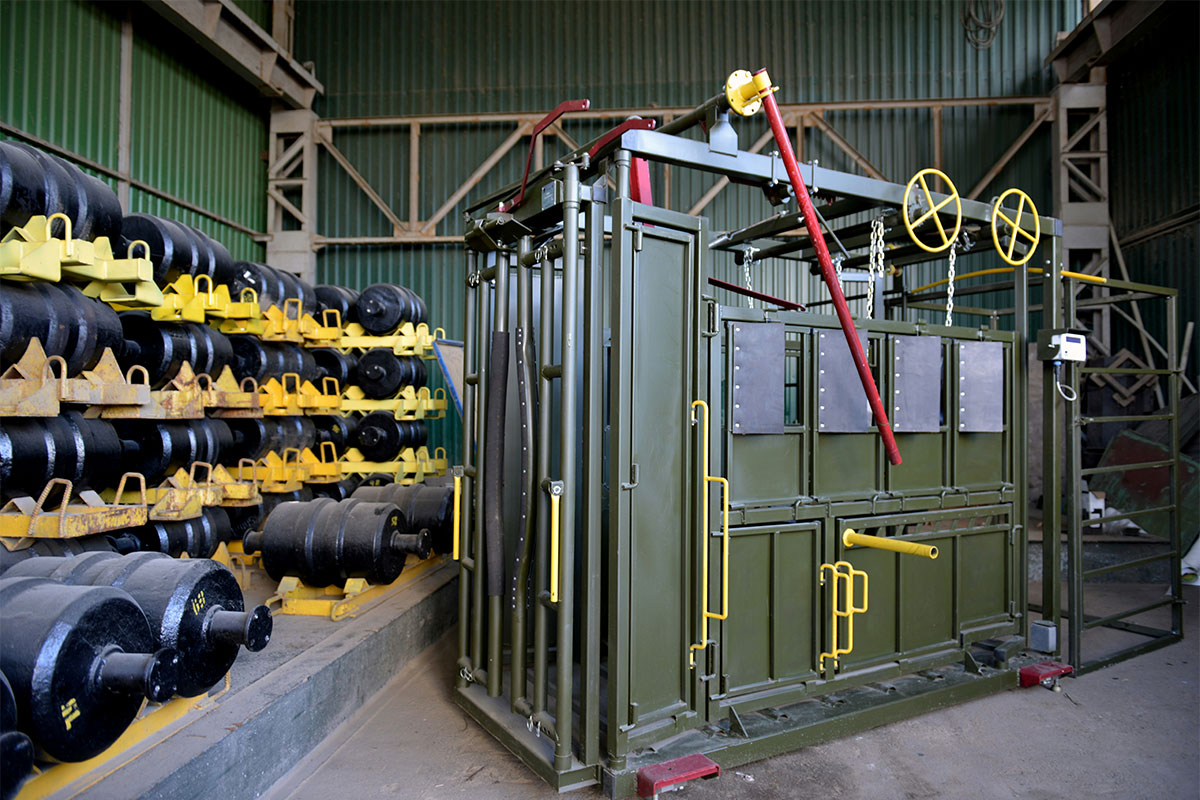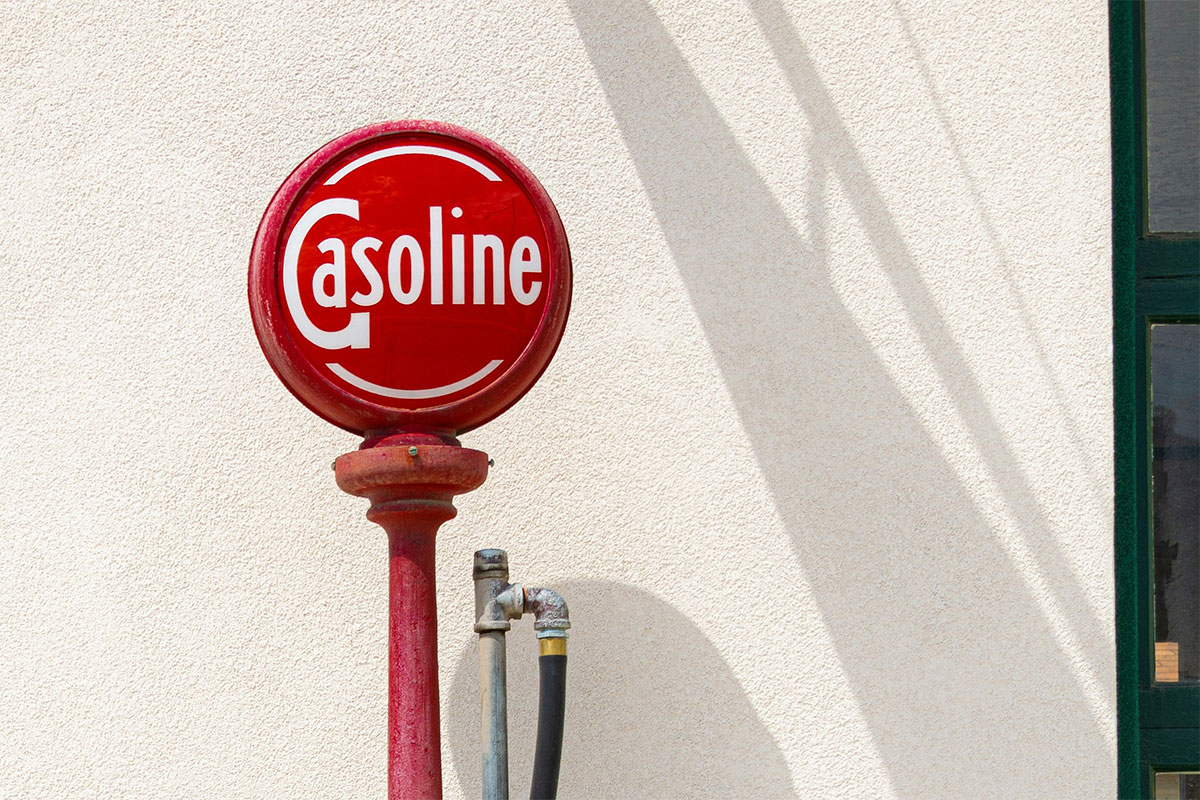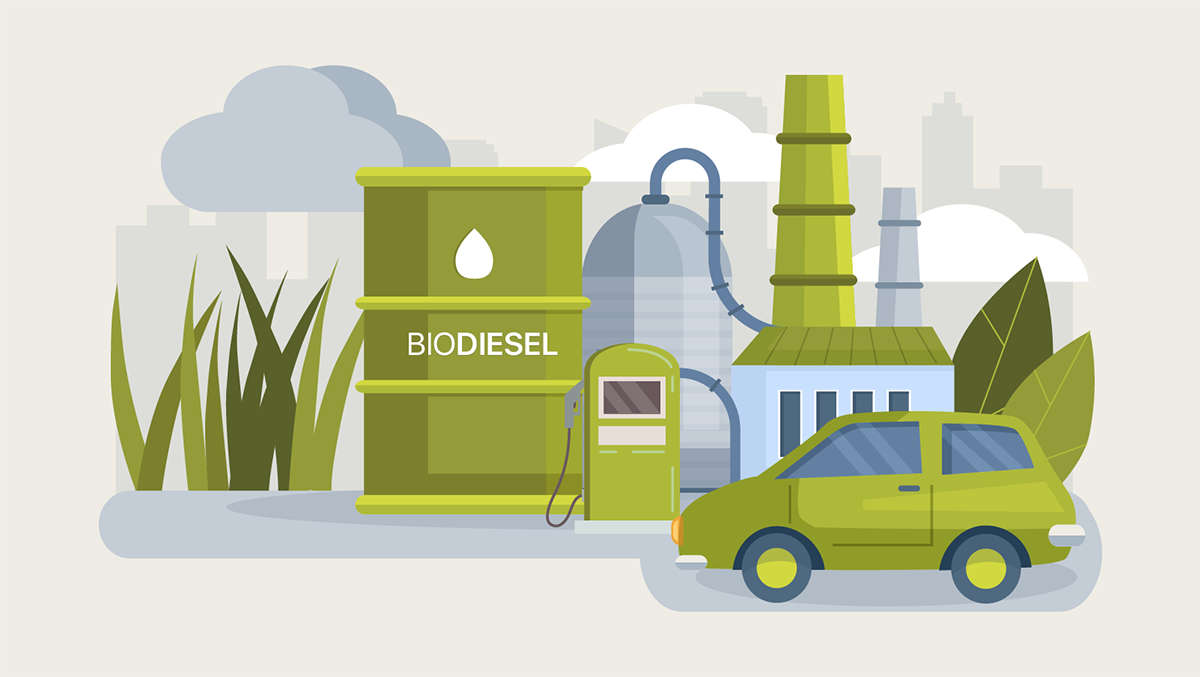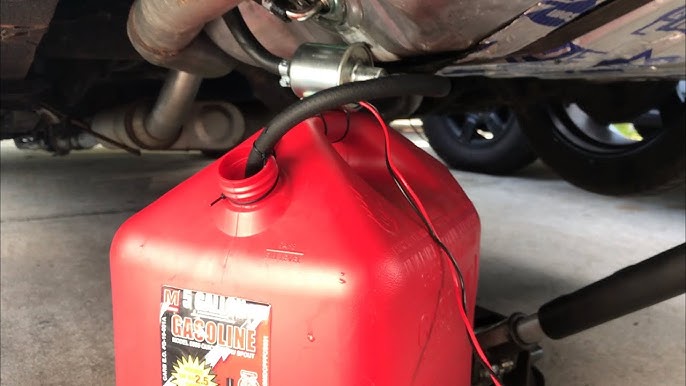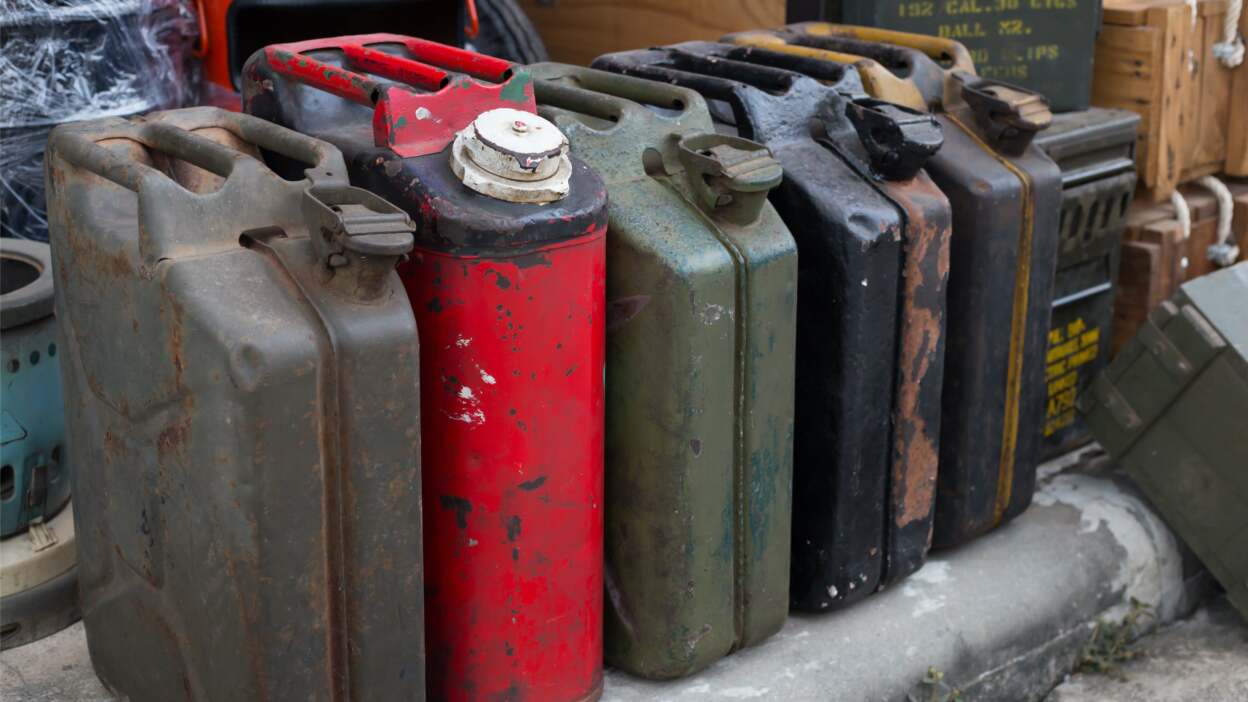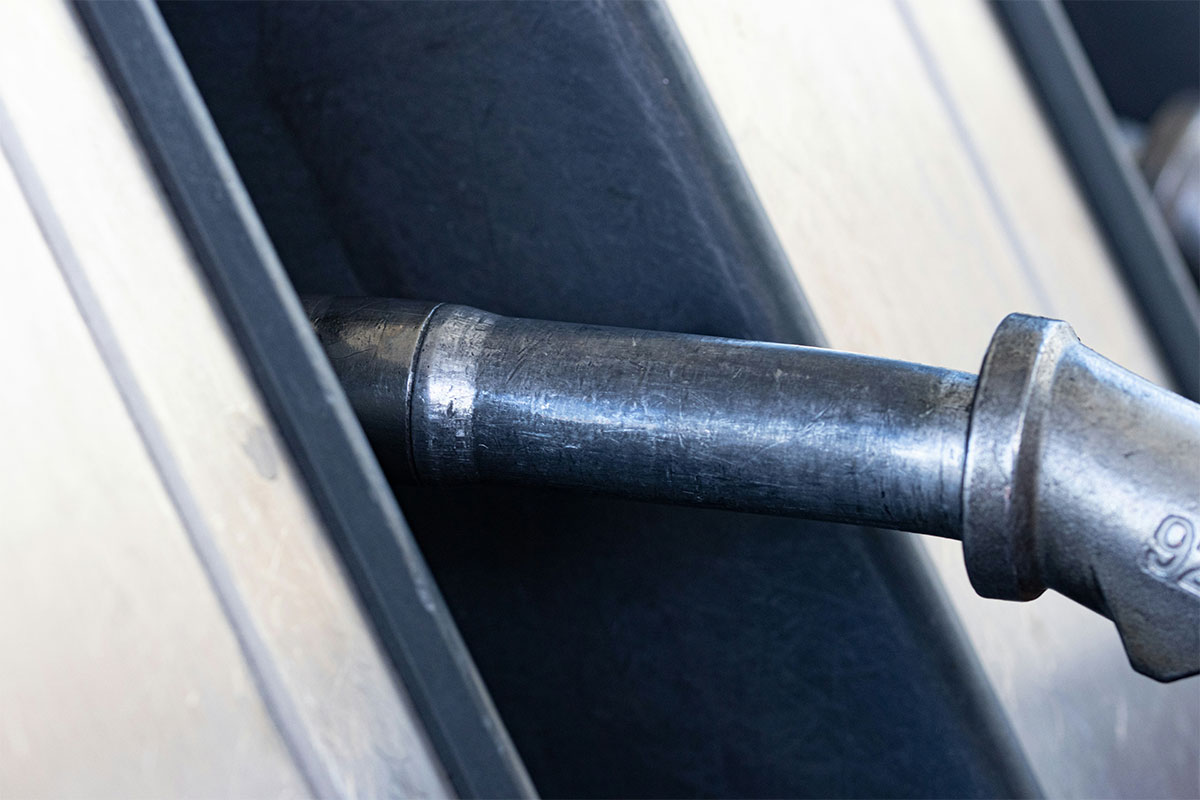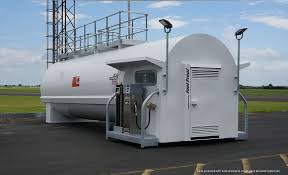Key Takeaways
- Fuel is your most controllable variable fleet expense
- Telematics and data analytics improve fuel efficiency
- Preventive maintenance reduces waste and fuel burn
- Driver behavior directly impacts fleet fuel cost
Table of Contents
Construction Fleet Management Fuel Costs
The first total money spent on fuel while operating a construction equipment fleet across different sites is called construction fleet management fuel costs. For construction companies, this cost accounts for a significant percentage of the operation budget and has a direct impact on profitability. In construction, managing the fleet fuel costs isn’t linear as there are different equipment type, varying usage patterns and different job sites.
For fleet management fuel costs, several challenges arise such as price volatility; changes in fleet fuel prices can greatly increase unexpectedly. The type, condition and usage of vehicles in a construction fleet also affect fuel consumption. Heavy machinery, older engines and idle times cost fleet fuel to rise. The cost of fleet fuel management can also be affected by the distance covered by machines to refuel or reliance on remote refuelling. If you don’t have a good plan to reduce fleet fuel costs over time, your business will struggle as the prices keep rising.
How To Reduce Construction Fleet Management Fuel Costs Effectively?
Some of the practical ways to reduce construction fleet management fuel costs are
- Smart Routing: This minimises idle time and unnecessary movement of machines, reducing fuel usage.
- Upgrading Vehicles: Some vehicles are designed to be more fuel efficient than others, upgrading to using such machines and maintaining their engines properly will help get the best out of your fleet fuel costs.
- Fleet right-sizing: It’s very common to see construction fleets with machines who rarely do any work but consume fuel, removing such machines will reduce fuel waste and improve overall total cost of ownership (TCO).
Neglecting maintenance, poor routing, overloading vehicles and general mismanagement will lead to excessive fuel consumption causing fleet management fuel cost to rise. To curb these inefficiencies, you have to keep a close eye on your fuel use in real time at all times and train your operators in fuel efficiency best practices to reduce fuel wasting.
We at Elan Fuels can provide you with expert advice and strategies to reduce fleet fuel costs. Work with us to streamline your fleet today, save on fuel and drive profitability.
Cut Construction Fuel Costs by 20%—Starting This Month
Uncover where your fleet is leaking money. Our experts will audit your current fueling setup and recommend smart, data-driven strategies to reduce fuel burn, idle time, and TCO.
What Are The Best Fleet Fueling Practices For Construction Companies?
The following best practices can be applied to construction companies to reduce fleet fueling costs;
- Establish Fuelling Schedules: To avoid downtime and reduce emergency refuelling costs proper route planning and scheduling can help to manage fleet fueling price fluctuations and foster better planning for construction fleet management cost.
- Choose vendors who are smart, offer competitive pricing, assure quality and be flexible with pricing.
- Take advantage of bulk fuel purchase as this may permit you to buy at lower rates and reduce your exposure to changing fluent fuelling prices.
- Use onsite refueling systems to reduce time spent offsite, enhancing and improving the flow of operations.
- Use fuel tracking systems to avoid misuse and limit fuel theft.
- Ensure transparency on costs by using logs, auditing usage information and maintaining clean records in order to understand fleet fuel consumption.
How Can Fleet Management Software Help Reduce Fuel Costs?
Fleet management software is very useful in lowering construction fleet management fuel costs by tracking consumption in real time, automating expense reporting, improving route and reducing down time with GPS monitoring. All these data points help predict usage trends and improve overall fleet TCO.
Using fleet management software for digital oversight is no longer optional, it is now a major part of management fleet equipment efficiently.
Eliminate Fuel Waste Across All Job Sites
Tired of fuel theft, idle time, and rising diesel bills? Get our proven checklist of 10 ways to reduce construction fleet fuel costs and streamline on-site fueling.
What Strategies Help Reduce Overall Fleet Costs Beyond Fuel?
The following strategies will help reduce overall fleet costs;
- Scheduled maintain: This prevents emergency breakdowns and sudden repairs, extending vehicle life and leads to better fleet TCO.
- Tracking Vehicles: You can identify underused vehicles and reduce fleet costs through reassigning them and downsizing the fleet.
- You can liquidate old equipment to lower the costs of storage, insurance and maintenance expenses. This reduces overall cost of the construction equipment fleet.
- Regularly reviewing insurance policies, and implementing risk reduction to reduce premiums will reduce fleet expenses overall.
- Making sure drivers are trained in best practices to ensure fuel efficient driving, reducing the risk of accident and hacks to prolong vehicle health will help control fleet fuel cost and reduce general overhead costs.
- You also have to create a rapid response team that will address maintenance issues that lead to downtime rapidly, avoiding delays that can be costly.
A combination of these strategies and fuel savings techniques will help you reduce fleet costs and increase fleet efficiency.

What Are The Most Effective Fuel Management Strategies In Construction Fleets?
A few strategies are very effective in fuel management of construct fleets. They are;
- Setting key performance indicators tracking fuel economy per vehicle and fuel consumption per project.
- Conduct regular audits to understand usage patterns and fix inefficiencies, eventually you will reduce fleet fuel costs.
- Create policies that ensure the whole company abides to proper fuelling procedures and are accountable at all levels of operating the construction equipment fleet.
- Invest in more fuel efficient vehicles down the line and in tracking technology tools to make fleet TCO better.
With these strategies, you’ll have measurable ways to improve operations and reduce fleet costs over time.
Ready to Take Control of Your Construction Fleet’s TCO?
Start tracking your fleet’s true cost of ownership with tools that give you real-time visibility. Elan Fuels’ systems help cut costs and boost uptime.
How Do You Monitor And Analyze Fleet Fuel Consumption?
To monitor fleet fuel costs, you can track fuel levels and consumption in real time by installing sensors in every vehicle. If these sensors are connected to telemetry systems, they provide a realistic view of construction equipment fleet activity, including idle time and unauthorized usage.
This approach of tracking provides data that can be leveraged to identify fuel waste, improve accountability across the team and develop strategies to reduce fleet fuel costs.
Smart monitoring improves understanding of fleet costs, helps in decision making, control and lowers construction fleet management fuel costs.
How Can Telematics And GPS Improve Fuel Efficiency?
With GPS monitoring systems and telematics, fleet operators can track location, monitor vehicle routes, stop durations and the behavior of drivers. With this information, they can correct wasteful habits like idling, speeding and route deviations. They can also use the data to implement best practices such as drivers turning off engines during idle times. These help reduce fleet fuel costs and increase the lifespan of the construction equipment fleet.
GPS-enabled telematics also help map out the best routes for the fleet, avoiding congested areas and choosing the most efficient routes leads to less mileage which leads to reduced fuel costs, lower emissions and even efficiency at job sites as deliveries arrive faster. Smarter routes will also reduce emissions as vehicles will spend less time driving.
How Can Driver Behavior Impact Construction Fleet Fuel Costs?
If your drivers don’t behave well, your construct fleet management fuel costs will suffer. So while this is often overlooked, it is important to consider in trying to reduce fleet fuel costs. The following habits are risk factors and should be addressed;
- Excessive idling at job sites with engines on lead to burning fuel unnecessarily.
- Unnecessary speeding will reduce fuel efficiency especially with heavy vehicles in a construction equipment fleet.
- Harsh breaking and acceleration lead to sudden fuel consumption increases and increase wear on the vehicle’s parts.
- Without proper routing, the fleet fuel price will go up as well at the mileage of the vehicles.
To fight these issues, drivers need to be educated on eco-driving techniques like throttle control, maintaining steady speeds, reducing idle time and turning off the engine during long down times.
Why Is Tracking Fuel Expenses Crucial In Fleet Management?
Fuel is a significant component of construction fleet management, and this cost can be reduced. It can be reduced by tracking fuel cost accurately, permitting companies to detect inefficiencies such as overconsumption or unauthorised fueling and theft. This permits them to take steps to correct and reduce fleet expenses.
Monitoring fleet management fuel cost in real time ensures that policies can be developed to keep spending within budget limits and foster adherence to project timelines. It alerts when there is unusual usage, permitting data driven controls, increasing efficiency of construction equipment fleet and fleet TCO.
What Is The Role Of Fuel Cards And How Should They Be Managed?
If you’re a fleet operator you can implement fuel cards to control cost, this is how they help;
- Fuel cards permit fleet operators to predefine spending on fuel and with authorized vendors. This offers tighter control over construction fleet management fuel costs.
- They help to reduce fleet fuel costs through consistent pricing and minimizing errors from cash handling.
- Cards can have several limits on time, location or even purchase type. This will reduce the possibility of misuse, increase accountability ultimately helping to reduce fleet expenses.
Regularly auditing and monitoring transactions around fuel purchase can help identify misuse, unauthorized use and fraud. It also leads to improved accountability and supports better fleet TCO oversight.
What Technology Helps Simplify Fuel Management In Construction Fleets?
Construction fleet management fuel costs can easily be tracked and controlled using tools such as;
- Fuel controllers and digital meters which track fuel dispensed accurately, reducing waste and increasing monitoring of fleet fuel costs.
- Mobile apps provide access to data in real time for fleet managers to see fuel usage and construct equipment locations, helping them make informed decisions on which policies to implement to achieve better efficiency.
- Automated refueling alerts are used to avoid running out of fuel. Ensuring continuous efficiency of the construction equipment fleet.
These technologies support smarter decision making, help reduce fleet expenses and lead to better fleet TCO in the long run by reducing errors from manual systems and human misconduct. Integrating these tools and systems hacks in controlling fleet management fuel costs across job sites.
Below are some examples of fuel management systems for heavy equipments, their characteristics and advantages.
| Fuel Management System | Key Features | Ideal For | Benefits |
|---|---|---|---|
| Automated Fuel Dispensers | Digital meters, RFID verification, automated logging | Central fuel stations | Accurate tracking, reduces manual errors, improves fleet fuel cost control |
| Onboard Fuel Monitoring Sensors | Real-time fuel level tracking, integration with telematics | Individual heavy machines | Prevents fuel theft, detects leaks, supports fleet TCO monitoring |
| Mobile Fuel Management Apps | GPS tracking, real-time reporting, fuel card integration | Multi-site operations | Remote visibility, improves accountability, helps reduce fleet expenses |
| Cloud-Based Fuel Management Software | Centralized data dashboards, analytics, automated alerts | Large fleets across multiple locations | Strategic decision-making, lowers construction fleet management fuel costs |
| Fuel Card Management Systems | Purchase controls, spending limits, fraud detection | All vehicle and equipment types | Enhances security, simplifies tracking, aids in reducing fleet costs |
| Bulk Fuel Storage Monitoring Systems | Tank level monitoring, usage logging, refill alerts | Sites with onsite fuel storage | Efficient stock control, prevents shortages and overordering |
How Do You Calculate Construction Fleet Fuel Costs Accurately?
There are formulas used to calculate construction fleet management fuel costs.
The first is the basic cost-per-mile formula: fuel cost = (total fuel used x price per unit)/miles driven.
For monthly budgeting, the formula is; avg consumption per vehicle x projecting mileage x fleet fueling price. This creates a baseline for understanding and controlling fleet fuel cost.
Factor in idle time, route distance per vehicle and average payload weight to refine calculations, because these variables greatly impact fleet TCO.
What Is The Total Cost Of Ownership In Construction Fleet Management?
In construction fleet management, total cost of ownership (TCO) is the cost involved in buying, running and maintaining a construction equipment fleet. It includes fixed expenses like purchase price, insurance and depreciation. It also includes variable costs like maintenance, and fleet management fuel costs. Having a mastery of fleet TCO helps operators maximize equipment ROI over time.
The nature of fuel as a variable cost has a great influence on construction fleet management given that it is affected by idle time, equipment load and routes. Therefore tracking it is very important.
Rising fleet fuel cost and volatility in fleet fueling price are major influences on lifecycle budgeting for a fleet. So is fleet fuel spending drops, operational costs drop too. This can lead to better long term fleet TCO.
What Are Hidden Costs That Influence Fuel Spend In Fleets?
There are some hidden factors that can increase construction fleet management fuel cost, such as
- Downtimes from breakdowns which lead to delayed refueling and inefficient logistics.
- Underused assets which lead to unproductive fuel consumption.
- Missed maintenance intervals which make the engines less efficient and increase fleet fuel cost.
These unforeseen conditions frustrate efforts to reduce fleet fuel expenses across projects.
Outdated equipment is another source of hidden cost. Equipment which are out of that lack modern technologies that optimise fuel efficiency, especially when carrying heavy loads. This negatively impacts fleet TCO and fleet management fuel costs. It is better to invest in newer machines, even though they cost a lot upfront, down the line, they can reduce fleet fuel costs substantially.
What Are The Challenges In Managing Construction Fleet Fueling On Remote Sites?
In managing construction fleet fueling for remote sites, issues such as long waits for delivery, varying fleet fueling prices and little access to fuel stations. These can be mitigated by using fuel tanks for in site storage and partnerships for reliable delivery and lower fleet management fuel costs.
How Can Preventive Maintenance Improve Fuel Efficiency?
Proper servicing of vehicle parts has the following advantages;
- Clean air and fuel filters improve combustion efficiency
- Correct tire pressure reduces rolling resistance
- Engine tuning ensures optimal performance and fuel economy
In order not to have any unpleasant surprises in performance and rising fleet fuel cost, scheduled maintenance and digital alerts are important. They also help boost fleet TCO by ensuring a longer lifespan of construction equipment fleets.
How Does Load Optimization Affect Fuel Costs In Heavy Construction Fleets?
Balancing weights will reduce the strain on the vehicle, improving mileage and construction fleet management fuel cost. This has overall benefits on TCO
Overloading leads to higher fuel burn and deterioration of the vehicle, increases fleet fuel cost and reduces lifespans of the vehicles.

